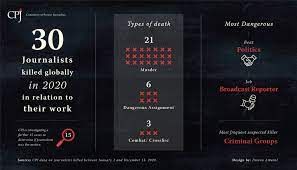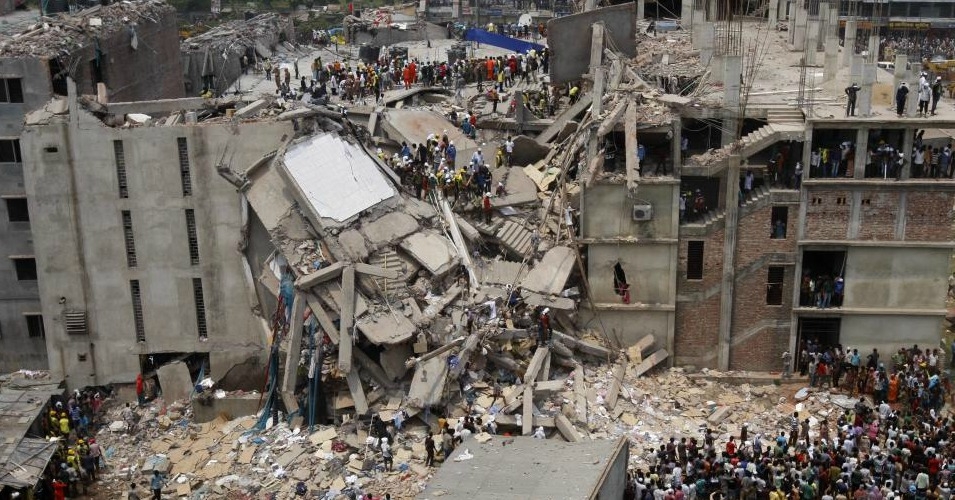![Rural Bangladeshi Children. Photo By Mark Knobil from Pittsburgh, USA (Rural Kids 1) [CC-BY-2.0 (http://creativecommons.org/licenses/by/2.0)], via Wikimedia Commons](http://occupyworldwrites.org/wp-content/uploads/2014/09/Rural_Bangladeshi_children-300x225.jpg)
Rural Bangladeshi Children. Photo By Mark Knobil from Pittsburgh, USA (Rural Kids 1) [CC-BY-2.0], via Wikimedia Commons
You’ve maybe seen those cute Free Little Library stands in neighborhoods across the country – people sharing their love of books and reading with others that share the interest. Some claim the idea originated in 2009 with
Todd Bol from Hudson, Wisconsin.
Not to take credit away from a job well done by the enterprising Wisconsinite, we have found the truly original little library project that not only predates the 2009 story, but has also changed a country.
In 2006, Abdus Satter Khan set up a library in his bedroom to share his treasured books with his friends in Arjuna village of Bangladesh. The idea took off, and today there are over 3,000 readers in 30 libraries across the area benefitting through the efforts of the Village Library Movement (VLM). Khan became a teacher by profession and now works as Coordinator for VLM, a non-proft platform that feels the need for library services to promote reading habit besides making youngsters socially and politically conscious and active.
In an in-depth article from Al Jazeera, we learn the original library set up by Khan is now housed at the proposed Haji Ismail Khan College. Last December, the members of the library felt that a college in the village will help the community as the nearest college is two kilometres away. “Members of the library collected funds, bought the land, bought raw materials and have managed to construct the Haji Ismail Khan College in a matter of six months,” Khan said. The library currently has a collection of approximately 5,000 books.
“Humayun Kabir, 24, the founder of Shanok Boyra Anusandhan Library in Bhuiyapur of Tangail, is satisfied with the number of readers who frequent his library daily. Kabir, who loves books as well, had founded the library in his bedroom in April 2012.
Kabir currently resides in another district where he works for a living now. But that does not stop the readers to come to the library in his house and read books, both fiction and non-fiction, along with dailies and journals. They can also take them home by registering in a record book by themselves. Kabir says, though the system is open, the library has not lost any of its books, so far. “Religious books and novels are most popular,” he informed.
In order to encourage the habit of readership, the library organizes annual reading contests.
Shahinur Islam, 20, a student of Hemnagar Degree College, had won the first prize at last year’s reading contest. He shared with Al Jazeera that before the library was setup, he bought books from a market that is a few kilometres away from his house. He also had to borrow books from others to quench his thirst for reading. “Libraries are required in every rural and urban area, he said. “Usually the youth have very little to do after their school or college hours. A library can help them acquire knowledge and entertainment through books,” he said.
Shahnaz Akter Sumi, 22, of the same village and a mother of a three-year old, came in second during the reading contest last year by reading the highest number of books. “My husband encourages me to read more books. I try to read novels and religious books mostly,” she said. She recalled that before the library was set up, she had to buy books from different fairs and shops in the upazila headquarters, nine kilometres away from her house.
Kabir said that although the library has nearly 200 members from the village, the number of books in the library has not crossed 100. “These are mostly donated, as the library was initiated by myself and it still has no funds to buy books,” he said. He is looking forward to more donations, as “a number of economically-solvent village elders with interest in intellectual development, have promised to donate books.”
Being true to the vision, almost all of the 30 libraries have been engaged in community development work.
“Initially, the elders of our village were sceptical about the library,” recalled Md Limon Khan, former chairperson and a member of Arjuna Onnesha Library. “But the members of the library have fixed roads, worked toward relief outreach during floods and disasters, erected tube wells in remote area, constructed bus-sheds in the village and much more till date. Now, the locals are eager to help in all initiatives taken by the library,” he said.
Sathowai Marma, founder of Rafru Memorial Library in Rajjomoni of Khagrachhari, said that his library and neighbouring Aurong Library had provided aid to repair temples in surrounding areas. “Such work has helped in uniting our members while also attracting the attention of other youths toward the library,” he said.
Khan said that the movement aims to help setup a library in each of the 388 unions in Bangladesh by year 2025.”
Read on, citizens of Bangladesh. The rest of us will try to learn by your fabulous example.





![Rural Bangladeshi Children. Photo By Mark Knobil from Pittsburgh, USA (Rural Kids 1) [CC-BY-2.0 (http://creativecommons.org/licenses/by/2.0)], via Wikimedia Commons](http://occupyworldwrites.org/wp-content/uploads/2014/09/Rural_Bangladeshi_children-300x225.jpg)